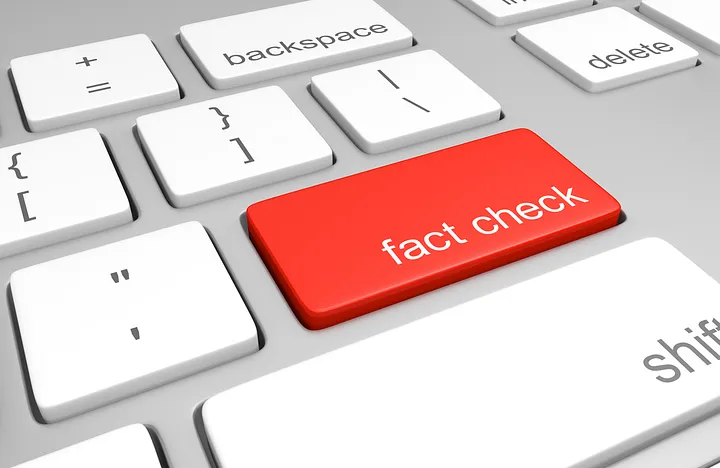Regarding “fake news” and disinformation, the EU Commission convened a High-Level Group and opened a . To feed into this process, we are highlighting existing initiatives that could be furthered.
The blogpost “Here’s a list of initiatives that hope to fix trust in journalism and tackle “fake news” (written by the journalist Fergus Bell, in April 2017) highlights main trends of projects and guides tackling misinformation: strengthening journalism and checkable facts through communities, fostering news literacy, and developing digital tools using machine-learning, big data and block chains.
Moreover, Fergus Bell stressed that international collaborations drive innovation. Given that misinformation does not know any borders, solutions are needed at global level.
This relevant list of projects, initiatives, and tools created to restore trust in journalism includes also actions around verification, fact-checking, and ethical guidance. Those initiatives intend to address challenges relating trust in the digital age by bridging newsrooms, human rights organisations, journalism students, technology companies, and also their audiences, communities and users.
Indeed, it appears urgent to analyse the root causes of the global trust deficit, by investing in quality news, and supporting independent media, investigative journalism and accountability journalism.
Generally, the funding is coming from online platforms (Google, Facebook, and Mozilla), foundations, news organisations, embassies, crowdfunding, non-profit institutes, and EU programme (Horizon 2020).
Among this galaxy of projects, what is at stake is how to enhance trustworthy reporting based on accuracy and transparency. At the same time, one has to take into account the grey areas of information and the necessity of protecting free speech.
Here are some relevant links of the main European fact checking organisations (described with more details on this blogpost: “ Here’s a list of initiatives that hope to fix trust in journalism and tackle “fake news “):
- First Draft News and its CrossCheck project which worked to debunk false claims during the 2017 French elections gathering 34 media newsrooms
- Pop-Up Newsroom, launched by Dig Deeper Media & Meedan
- Full Fact , focused on automated fact checking tools
- “Fake news alert” designed by Wirtualna Polska and based on big data and artificial intelligence
- Stealth Fighter, convened by the Independent Journalism Foundation-CIJ implemented in Hungary, it is identifying the differences between the different versions of one content
- “Blockchain as a fact checker” developed by De Utrechtse Internet Courant in collaboration with Design Innovation Group & Milvum
- org set up by The Baltic Center for Investigative Journalism, it provides financial incentives for fact-checkers
- “Fighting fake news and filter bubbles” developed by The Buzzard: a plug-in to diversify daily news by getting article recommendations bursting the users’ bubbles
- “Verification Plug-In” created by InVID, it allows media professionals to quickly get contextual information on videos

